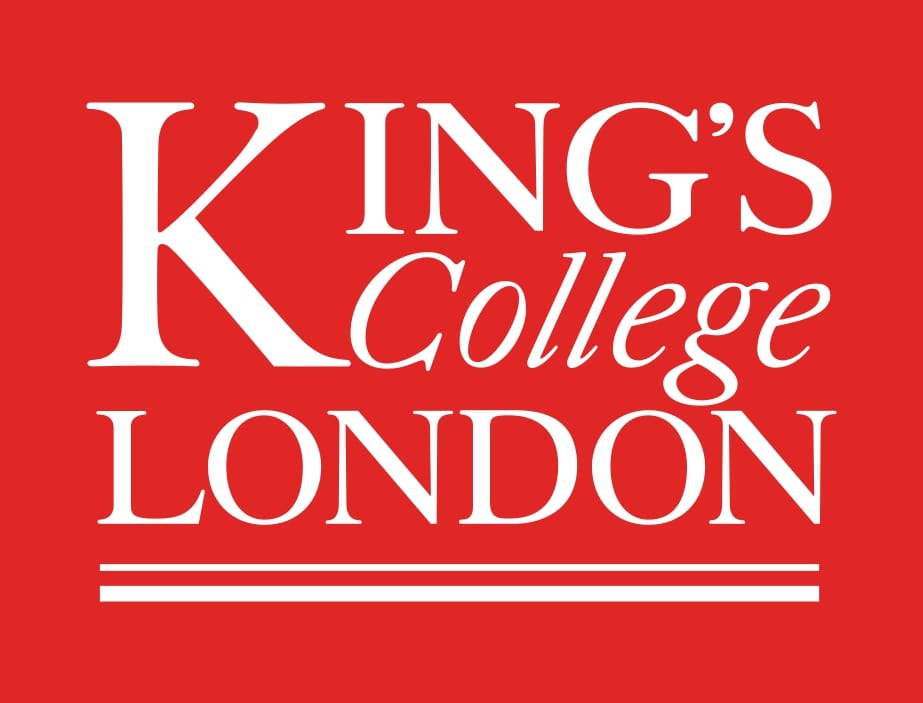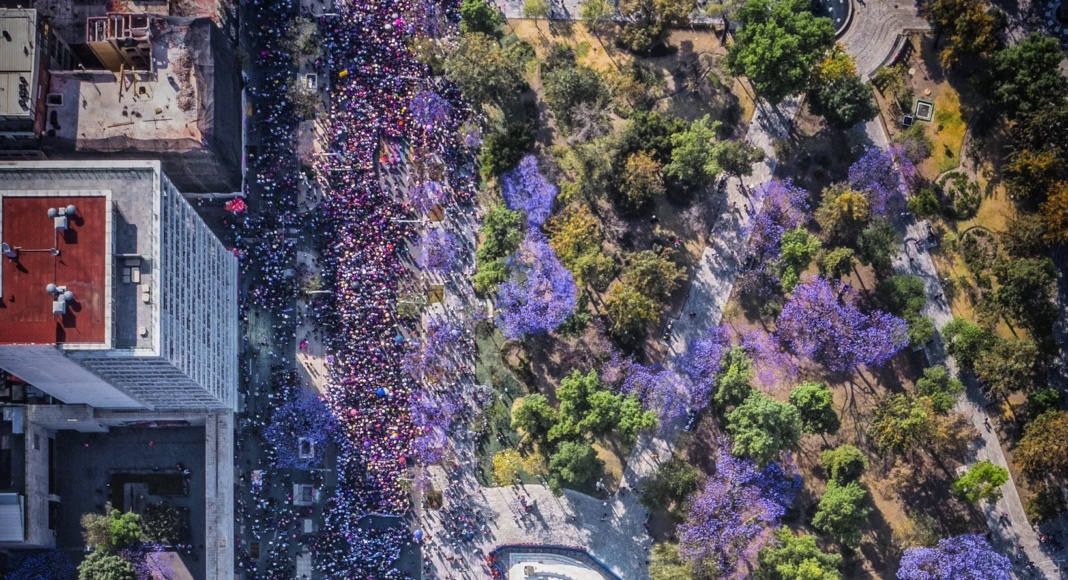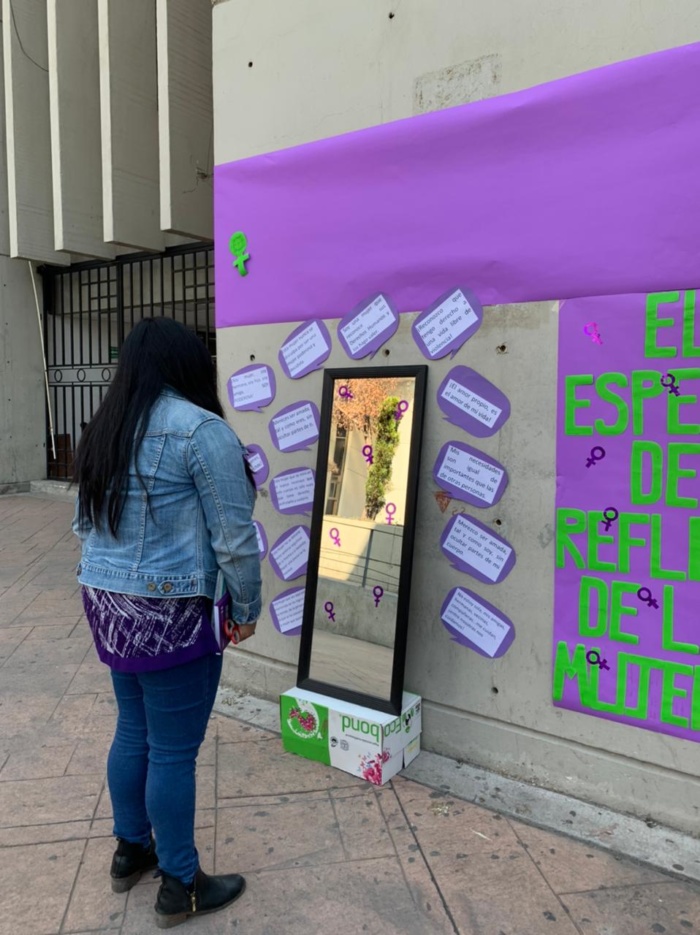In the run-up to International Women’s Day in Mexico City and in spite of the pandemic that is sweeping the country, the women’s movement planned a demonstration to demand a life free from violence. Natasha Tinsley, a volunteer on our Women Resisting Violence project, reports.
In Mexico at least 10 women are murdered every day and 97% of crimes related to sexual violence go unpunished. Femicides in Mexico continue to rise and thousands of women’s violent deaths or disappearances are dismissed as cases of ‘missing persons’ or glossed over as ‘intentional homicides’. This Monday 8 March, International Women’s Day, saw empowered Mexican women reclaiming their streets. They marched from the Monument of the Revolution to the Zócalo, making their voices heard and demanding an end to violence.

“Wall of Peace”
In anticipation of the event, President Andrés Manuel López Obrador (AMLO) ordered the erection of a 10-foot-high metal wall to shield the National Palace. While the government affirmed it was a “wall of peace”, feminist groups considered it an obstruction to their right to protest. In response, protestors turned the metal barricades into a memorial for victims of femicide and rape: they were inundated with flowers, candles, crosses, and the names of over 3,000 women were painted over them.
Many women questioned how measures to protect buildings could be put in place at such short notice, yet measures to protect the lives of Mexico’s women were too complicated to enforce. Is one valued more highly than the other, despite the fact that at least 939 women were victims of femicide last year in Mexico, according to official data? Key demands of the movement are thus for action on femicides, an end to the brutality against women, safety in public and private spaces, and for abusers to be punished.
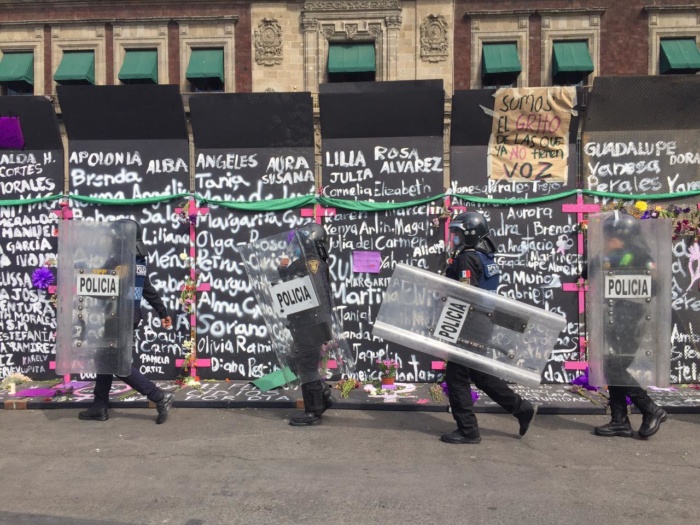
Taking responsibility
In other countries in Latin America, leaders such as Luis Arce and Alberto Fernández have accepted a degree of responsibility, or have at least shown sympathy for women living in fear. AMLO does not accept responsibility for the increasing number of femicides and on the morning of the march he stated that the problem of violence against women was the fault of his predecessors. He deemed the memorial “creative, worthy, and deserving of respect”, but reiterated that the barriers were erected to deter conservative opponents, thus undermining the feminist cause.
Were protests violent?
The march was initially peaceful but toward the end of the demonstration, groups of protestors brought down six sections of the metal barriers in front of the National Palace. Police reportedly responded by launching tear gas, pepper spray and other objects.
There were other harrowing scenes, such as those of two women, faces covered and gripping each other tightly, surrounded by 60 police officers. Yet in AMLO’s press conference the following day, he surprisingly denied the use of violence or repression, although sixty-two officers and 19 civilians were injured, according to the city’s police agency. Authorities categorically denied the use of tear gas but the protestors and reports in the media affirm otherwise.
Open letter to the president
Over 2,500 women have signed a letter to the president asking him to create a national plan for the protection of women against violence. They urge the president to see women as more than just a statistic; “behind every number, there is a mother, daughter, sister, friend, neighbour, or colleague.” López Obrador has yet to respond.
What seemed a fresh change of administration with a more progressive president who supported women’s equality, has become embittered by friction – especially after AMLO’s complicit support of a candidate for governor who faces five accusations of sexual abuse.
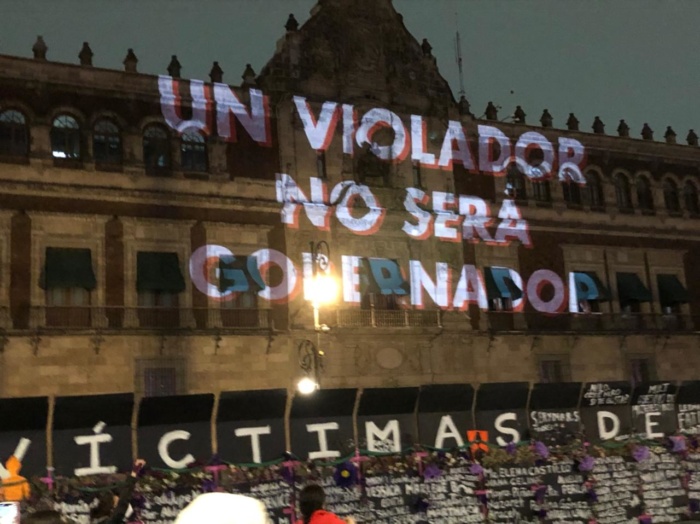
Following Monday’s demonstrations, women’s groups are infuriated by the president, who seemingly disregards their struggle and puts feminism down to “foreign influence” or “conservatives whose interests and privileges are threatened.”
Women are taking to social media and making themselves heard. These aren’t a few protestors but thousands of women united and ready to take a stand. These women will not be silenced.
